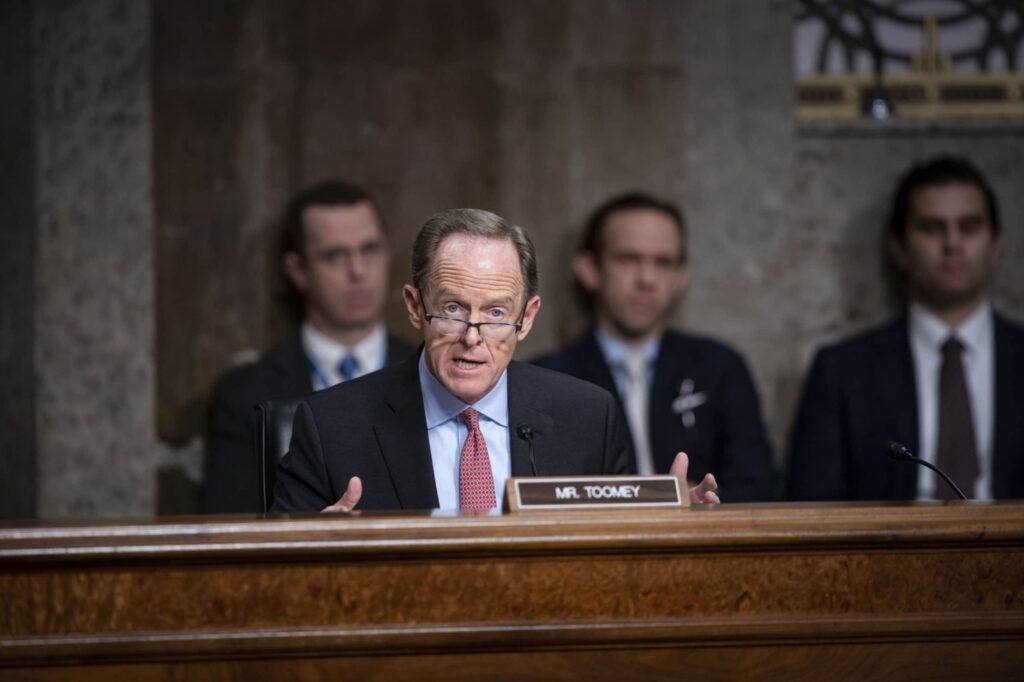
Society for Worldwide Interbank Financial Telecommunication (SWIFT) is a cooperative society that was founded in 1973 as a response to the need for an international standard for bank transfers. It is headquartered in Belgium and has over 11,000 members in more than 200 countries. SWIFT’s primary function is to help banks move money securely between each other. It is overseen by the European Central Bank and G10 central banks. To do this, it maintains a secure messaging system that allows banks to send messages to one another detailing the transactions they would like to perform. In 2021 SWIFT recorded 42 million Financial messages per day.
How is SWIFT governed?
A voting member at SWIFT is a financial institution that has joined the co-operative and agreed to abide by its rules. Voting members are represented on the Board of Directors, which is responsible for making decisions about the governance of SWIFT.
The Board of Directors is made up of 18 directors, who serve three-year terms. The directors are elected by the voting members at an annual general meeting.
In order to make decisions about changes to SWIFT’s products and services, the Board of Directors relies on feedback from a number of committees. These committees include the Strategy Committee, Operations Committee, and Marketing Committee.
The day-to-day operations of SWIFT are managed by a team of employees known as the Management Team. The Management Team is led by the CEO, who is appointed by the Board of Directors.
Benefits of SWIFT
One of its key benefits is global reach. Because it has members in so many countries, it can facilitate transactions between any two banks anywhere in the world. This makes it an essential part of the global financial system and helps ensure that money can be transferred quickly and securely between different banks.
Another benefit is that it provides a high level of security. All messages sent over the network are encrypted, and can only be decrypted by the intended recipient. This helps to protect against fraud and ensures that only authorized transactions can take place.
Drawbacks of using SWIFT
There are some drawbacks to using SWIFT, however. One is that it can be slow; because messages have to be sent between different banks, it can take a while for a transaction to be processed. Another drawback is that it can be expensive; banks have to pay fees to use the SWIFT network, which can add up over time. We also have a school of thought that maintains that it can be misused to achieve geopolitical goals.
Despite these drawbacks, it remains an essential part of the global financial system. It provides a secure and efficient way for banks to send money around the world and helps ensure that the global economy can function smoothly. If you’re looking to make an international bank transfer, chances are good that you’ll need to use SWIFT. Additionally, the network could have facilitated the importation of that car in your garage.
Global trade today relies heavily on SWIFT as well. This includes letters of credit and bank guarantees that are issued using special message types. Sophisticated funding structures such as Usance Payment at Sight are only possible through SWIFT.
Sanctions are another important use case for SWIFT. By using it, banks can quickly and easily ensure that they are not doing business with sanctioned entities. This helps to protect against penalties from regulators and ensures that companies comply with international sanctions regulations.
Are there alternatives to SWIFT?
There are some alternatives.
System for Transfer of Financial Messages(SPFS)
The most recent is SPFS. It is Russia’s equivalent that was formed in 2014. It is mainly used for domestic transfers. At the end of 2020, about 23 foreign banks had connected to SPFS from Armenia, Belarus, Germany, Kazakhstan, and Switzerland.
Cross-Border Interbank Payment System(CIPS)
CIPS is China’s payment system launched in 2015 to provide independent yuan payments nationally and internationally. The system is overseen by the Bank of China. HSBC Holdings, Standard Chartered Bank, DBS Bank, Citi, Australia New Zealand Banking Group, BNP Paribas, and Bank of East Asia are some shareholders of CIPS. There are other alternatives as well, including some cryptocurrencies.
The big challenge for these competitors will be to gain the confidence of the critical masses required for a global payment system.
What are the message types?
The following are common message types used by banks to transmit financial messages :
– MT103: A customer payment order: these are your typical person-to-person transfers.
– MT202: A general financial institution transfer: these are bank to bank transfers.
– MT299: A request for information
– MT700: A documentary credit ,(commonly referred to as letters of credit).
-MT760: A bank guarantee issue
– MT910: An advice of a customer credit transfer
– MT940: A customer statement message
There are many more message types, but these are some of the most common.
How important has SWIFT become?
SWIFT has become increasingly important in recent years as the global financial system has become more interconnected. By facilitating secure and efficient transfers between banks, it helps to ensure that the global economy can function smoothly. In addition, its sanctions screening capabilities have made it an essential tool for compliance with international sanctions regulations.
Non-bank institutions such as securities firms and investment funds are also able to use SWIFT. Securities firms use SWIFT to send messages about trades and transactions to one another, and investment funds use it to send instructions to their custodian banks.
Recent developments
SWIFT is currently going through a period of change. In response to the global financial crisis, it has been working on developing new products and services that can help banks reduce their risk exposure. This includes initiatives such as the Global Liquidity Alliance and the SWIFT gpi (global payments innovation).
SWIFT GPI aims to make the payments process faster, more transparent, and more efficient. It does this by tracking payments throughout their entire journey and providing a real-time tracker for customers. The goal is to have all banks on board.
However, SWIFT is facing some challenges in its efforts to expand its reach. One issue is that many banks are still using outdated systems and infrastructure. This makes it difficult for them to integrate with SWIFT’s new products and services. In addition, there is a lot of competition from other financial technology providers.
Another challenge that SWIFT is facing is the increasing use of sanctions as a tool of foreign policy. This has led to some countries developing alternatives.
Emerging issues
There are a number of emerging issues that will challenge SWIFT’s relevance in the coming years. One is the growth of blockchain technology and its potential to disrupt the payments industry. Blockchain offers a way for banks to conduct transactions without the need for a central authority, which could potentially reduce SWIFT’s role in the payments process.
Logistics and digitization of trade finance with the aid of blockchain technology will affect the relevance of some SWIFT message types. Besides, some blockchain projects are designed to bypass banks altogether.
The number of voices against centralized organizations has been increasing. This has led people to start looking at organizations without a single point of failure, such as blockchain projects.
Finally, there is the risk of cyberattacks. Hackers have become increasingly sophisticated in their attacks on financial institutions, and this is a threat that SWIFT will need to address in the coming years.
Russia Ukraine Conflict
In February 2022, the Russia-Ukraine conflict escalated into military action. Russian forces crossed over into Ukraine territory, leading to condemnation by many countries. Ukraine’s President pleaded with the Global community to impose sanctions on Russia in an effort to stop the conflict. US and NATO members responded by imposing sanctions on individuals in Russia.
In order to isolate Russia further from the international financial system, calls to remove them from SWIFT started pilling. Eventually, the US, Canada, the United Kingdom, European Union, and other Western allies pushed this through, leading to the disconnection of Russia’s top banking institutions from SWIFT. This is not the first time this has happened. Iran has suffered the same action in the past. This essentially disconnected Russia from many international financial transactions.
This demonstrated the importance of the SWIFT Organization in the financial system. Whether the organization can be misused to achieve political objectives, only time will tell. The overriding principle should be global welfare for all.
In conclusion, SWIFT remains an important part of the global financial system. It has come under pressure in recent years, but it has responded by making a number of changes to its products and services. It is facing some challenges, but it is also working on initiatives that will help it meet these challenges. Sanctions have become an increasingly important tool of foreign policy, and this is likely to continue in the future. SWIFT will need to adapt to this new environment in order to remain relevant. Thanks for reading.
What do you think about SWIFT’s role in the global financial system? Do you think it is under threat from emerging technologies?


